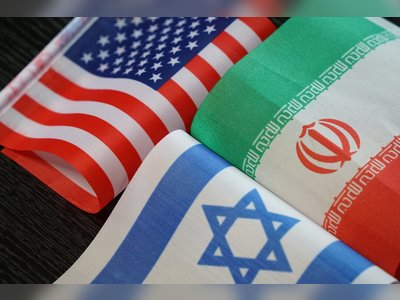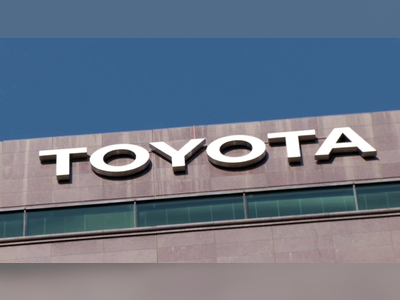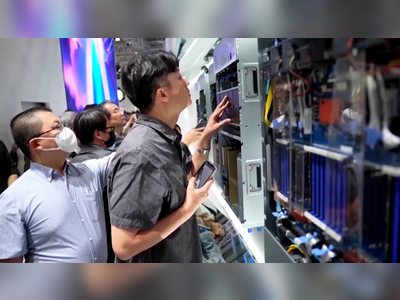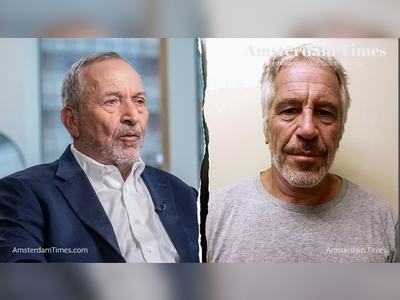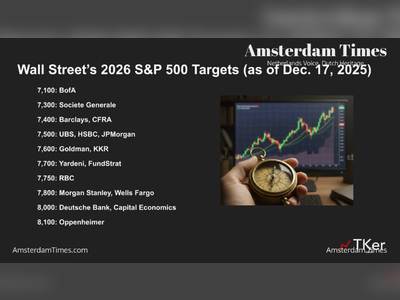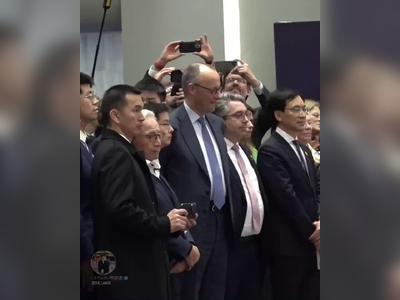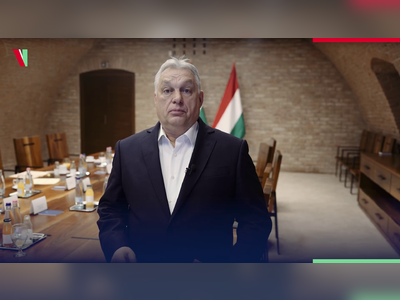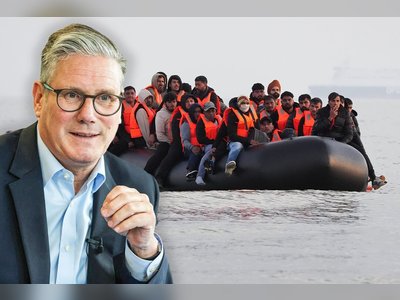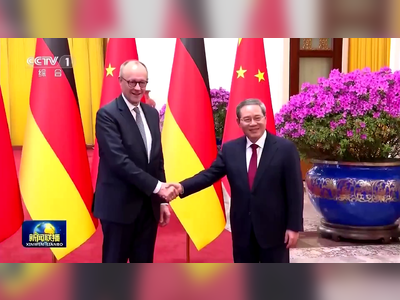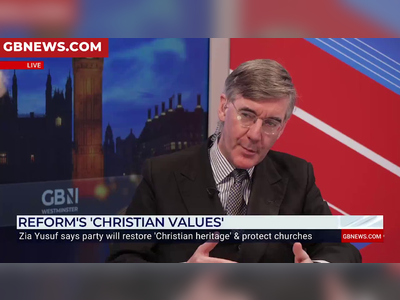EU's Costa Emphasizes Defence Cooperation Amid Trade Tensions with US
European Council President António Costa urges focus on transatlantic defence burdens as trade negotiations take center stage.
European Council President António Costa asserted the necessity of prioritizing transatlantic defence cooperation amidst ongoing trade disputes with the United States.
Speaking to reporters in Brussels, Costa emphasized the importance of rebalancing the burden-sharing for European defence.
'We need to focus on the main issue: how to rebalance the burden-sharing on European defence,' he stated.
Costa's remarks come in light of imminent high-level international summits, including meetings of the G7 and NATO, where European leaders are expected to engage with US President Donald Trump regarding trade discussions and the United States' commitment to European security.
The European Commission is currently in negotiations with the Trump administration to address a proposed 50% tariff on all EU imports into the US, scheduled to take effect on July 9.
Additionally, European nations have started to increase their defence budgets, primarily in response to concerns raised by the US regarding its shifting focus toward Asia.
'The United States has legitimately decided that they have new strategic priorities,' Costa remarked, indicating the need for Europe to establish a fair and effective method of sharing defence responsibilities with Washington.
Costa underscored that these efforts should 'never, never, never undermine the deterrence effect of [NATO’s] Article 5.'
In addition to budgetary concerns, Costa highlighted the importance of identifying and developing specific military capabilities needed to address strategic gaps in Europe in the forthcoming years.
As tensions rise over potential sanctions on Russia in connection with its actions in Ukraine, Costa noted the necessity of EU-US coordination, stating, 'In fact, the new package of sanctions does not depend on Trump, but on [Russian President Vladimir] Putin.' He affirmed that if Putin does not comply with the international expectations, the EU would have no alternative but to implement at least an eighteenth package of sanctions.
In a parallel development, Brazilian President Luis Inacio Lula da Silva has advocated for the swift finalization of the EU-Mercosur trade agreement during a recent meeting with French President Emmanuel Macron in Paris.
Lula expressed a desire to conclude the deal within six months.
However, Macron reiterated his position that the current proposal is unacceptable, citing significant concerns about a potential increase in agricultural imports from Mercosur countries that could adversely affect France’s agricultural sector.
Macron emphasized the need for the agreement to improve protections for French agriculture, stating, 'We must improve this text,' and suggested the inclusion of 'mirror clauses or safeguard measures' to ensure compliance with EU production standards.
Lula, in response, highlighted Brazil's commitment to environmental standards and noted the complementary nature of the two agricultural systems, insisting that Brazil does not seek to compete but rather to collaborate with European markets.
The European Commission is anticipated to present an updated proposal regarding the EU-Mercosur trade agreement before the summer recess, which begins in late July.
Speaking to reporters in Brussels, Costa emphasized the importance of rebalancing the burden-sharing for European defence.
'We need to focus on the main issue: how to rebalance the burden-sharing on European defence,' he stated.
Costa's remarks come in light of imminent high-level international summits, including meetings of the G7 and NATO, where European leaders are expected to engage with US President Donald Trump regarding trade discussions and the United States' commitment to European security.
The European Commission is currently in negotiations with the Trump administration to address a proposed 50% tariff on all EU imports into the US, scheduled to take effect on July 9.
Additionally, European nations have started to increase their defence budgets, primarily in response to concerns raised by the US regarding its shifting focus toward Asia.
'The United States has legitimately decided that they have new strategic priorities,' Costa remarked, indicating the need for Europe to establish a fair and effective method of sharing defence responsibilities with Washington.
Costa underscored that these efforts should 'never, never, never undermine the deterrence effect of [NATO’s] Article 5.'
In addition to budgetary concerns, Costa highlighted the importance of identifying and developing specific military capabilities needed to address strategic gaps in Europe in the forthcoming years.
As tensions rise over potential sanctions on Russia in connection with its actions in Ukraine, Costa noted the necessity of EU-US coordination, stating, 'In fact, the new package of sanctions does not depend on Trump, but on [Russian President Vladimir] Putin.' He affirmed that if Putin does not comply with the international expectations, the EU would have no alternative but to implement at least an eighteenth package of sanctions.
In a parallel development, Brazilian President Luis Inacio Lula da Silva has advocated for the swift finalization of the EU-Mercosur trade agreement during a recent meeting with French President Emmanuel Macron in Paris.
Lula expressed a desire to conclude the deal within six months.
However, Macron reiterated his position that the current proposal is unacceptable, citing significant concerns about a potential increase in agricultural imports from Mercosur countries that could adversely affect France’s agricultural sector.
Macron emphasized the need for the agreement to improve protections for French agriculture, stating, 'We must improve this text,' and suggested the inclusion of 'mirror clauses or safeguard measures' to ensure compliance with EU production standards.
Lula, in response, highlighted Brazil's commitment to environmental standards and noted the complementary nature of the two agricultural systems, insisting that Brazil does not seek to compete but rather to collaborate with European markets.
The European Commission is anticipated to present an updated proposal regarding the EU-Mercosur trade agreement before the summer recess, which begins in late July.
